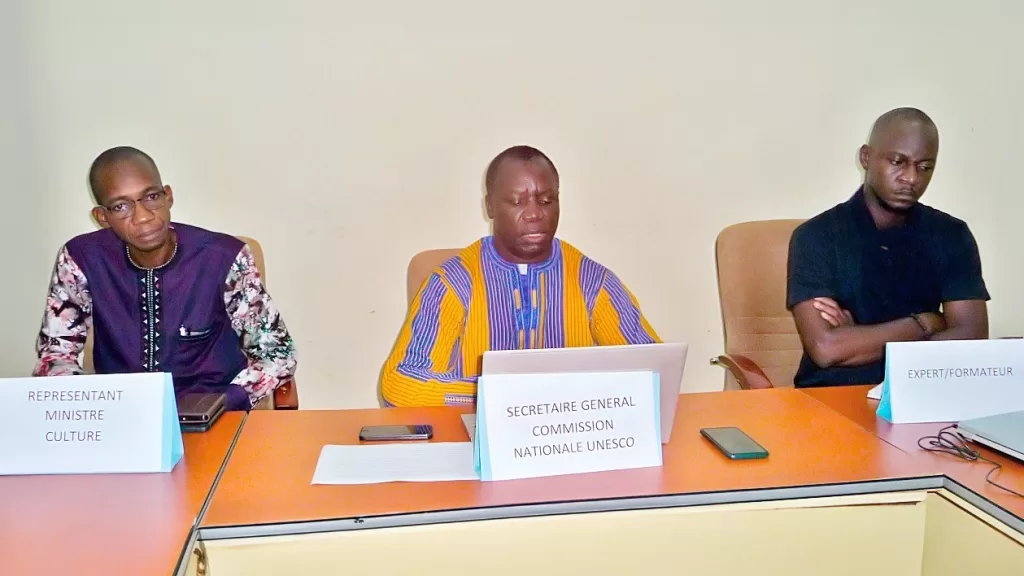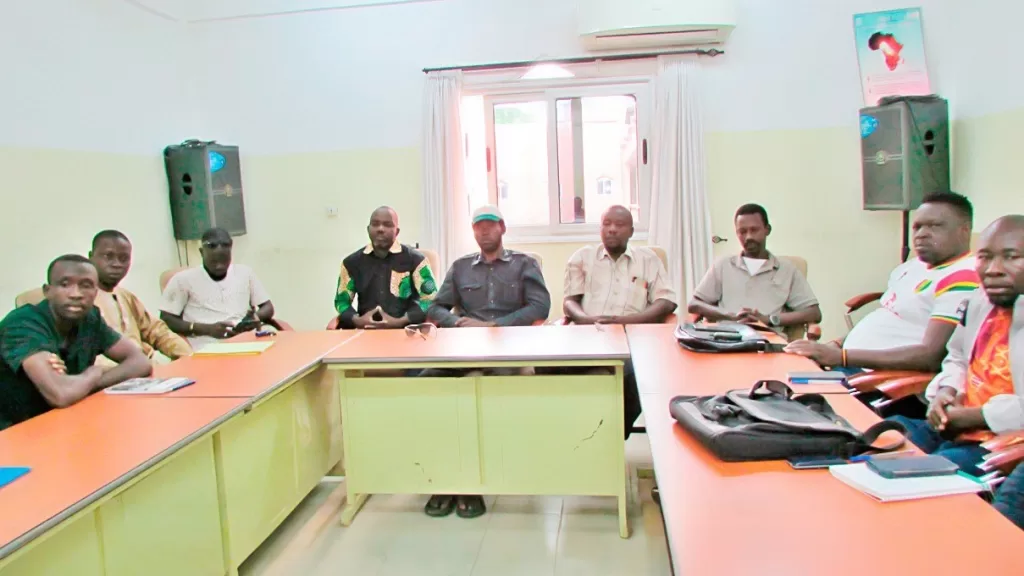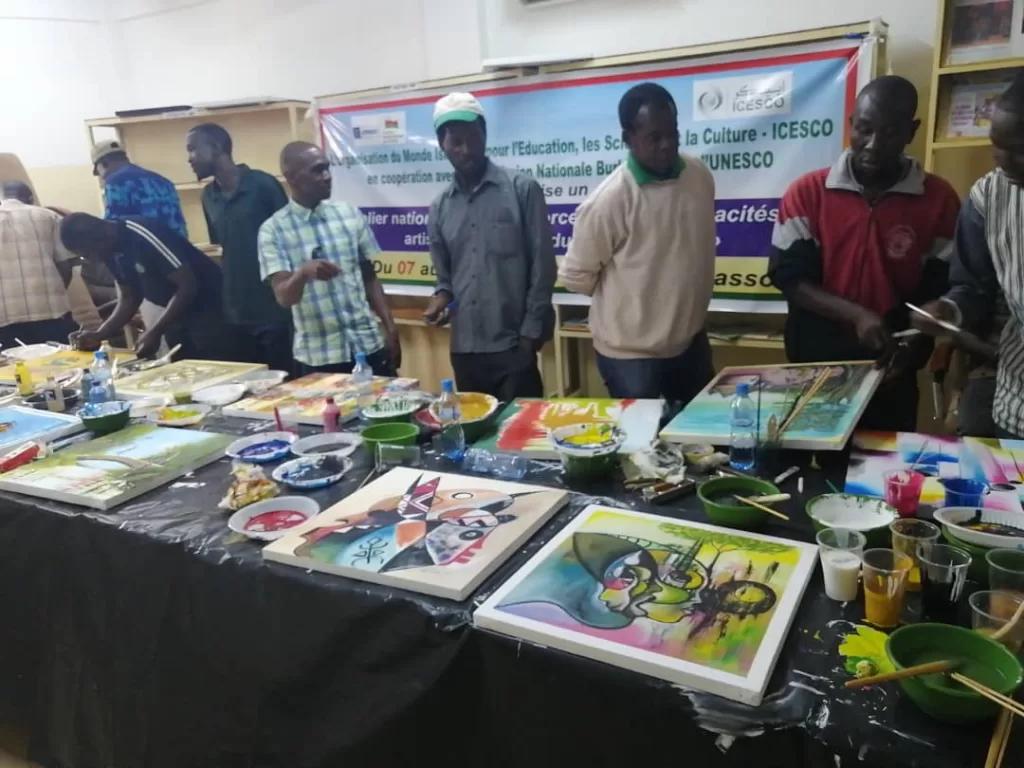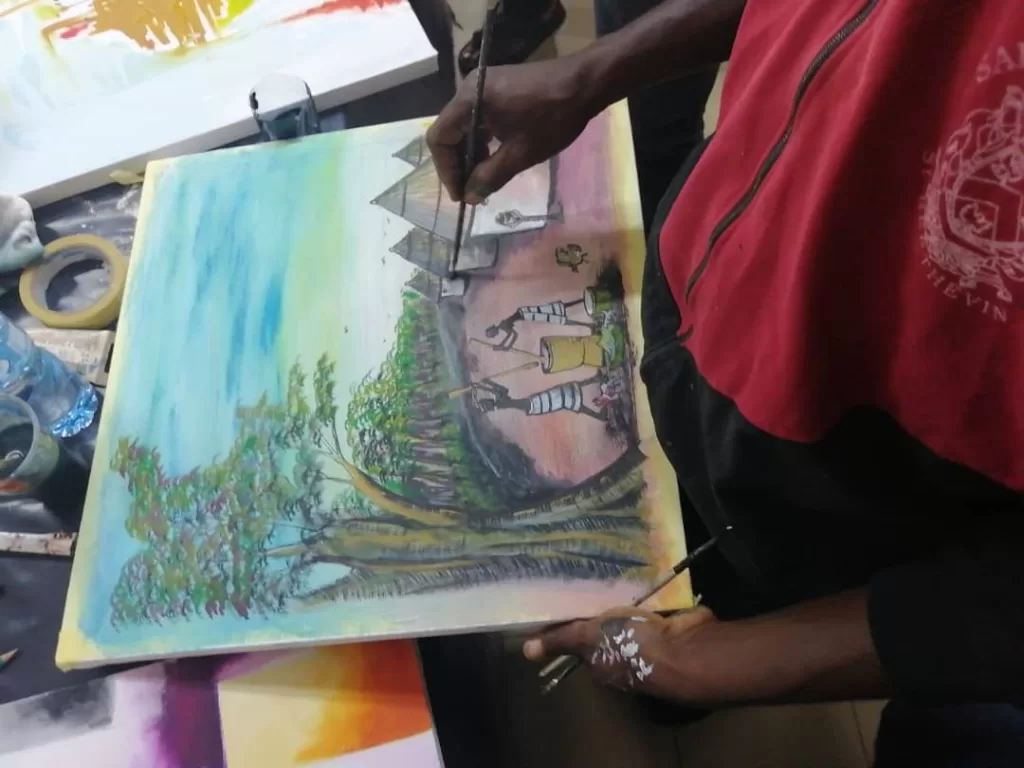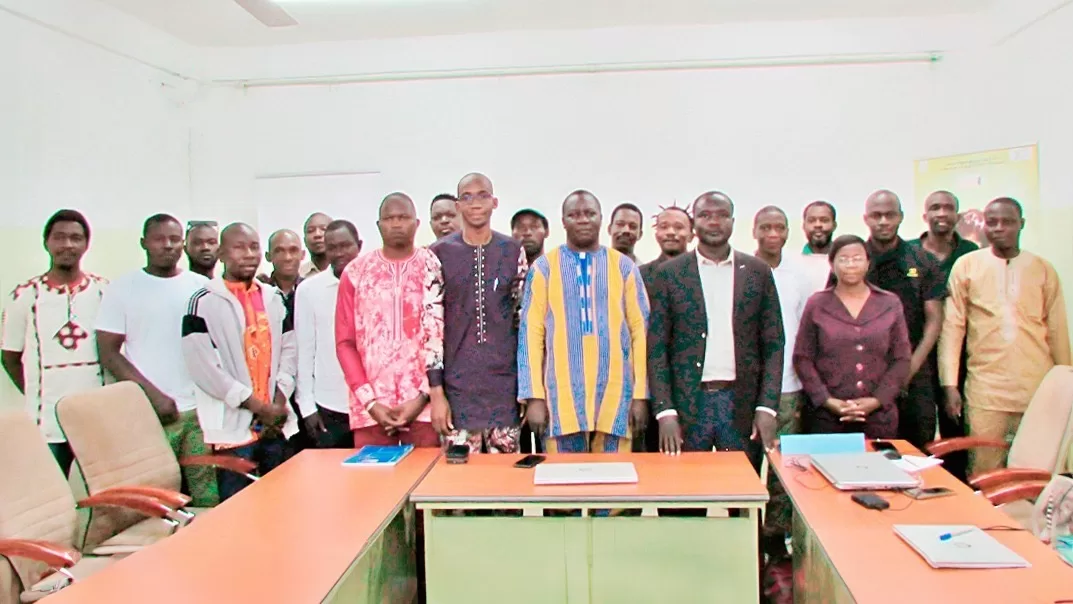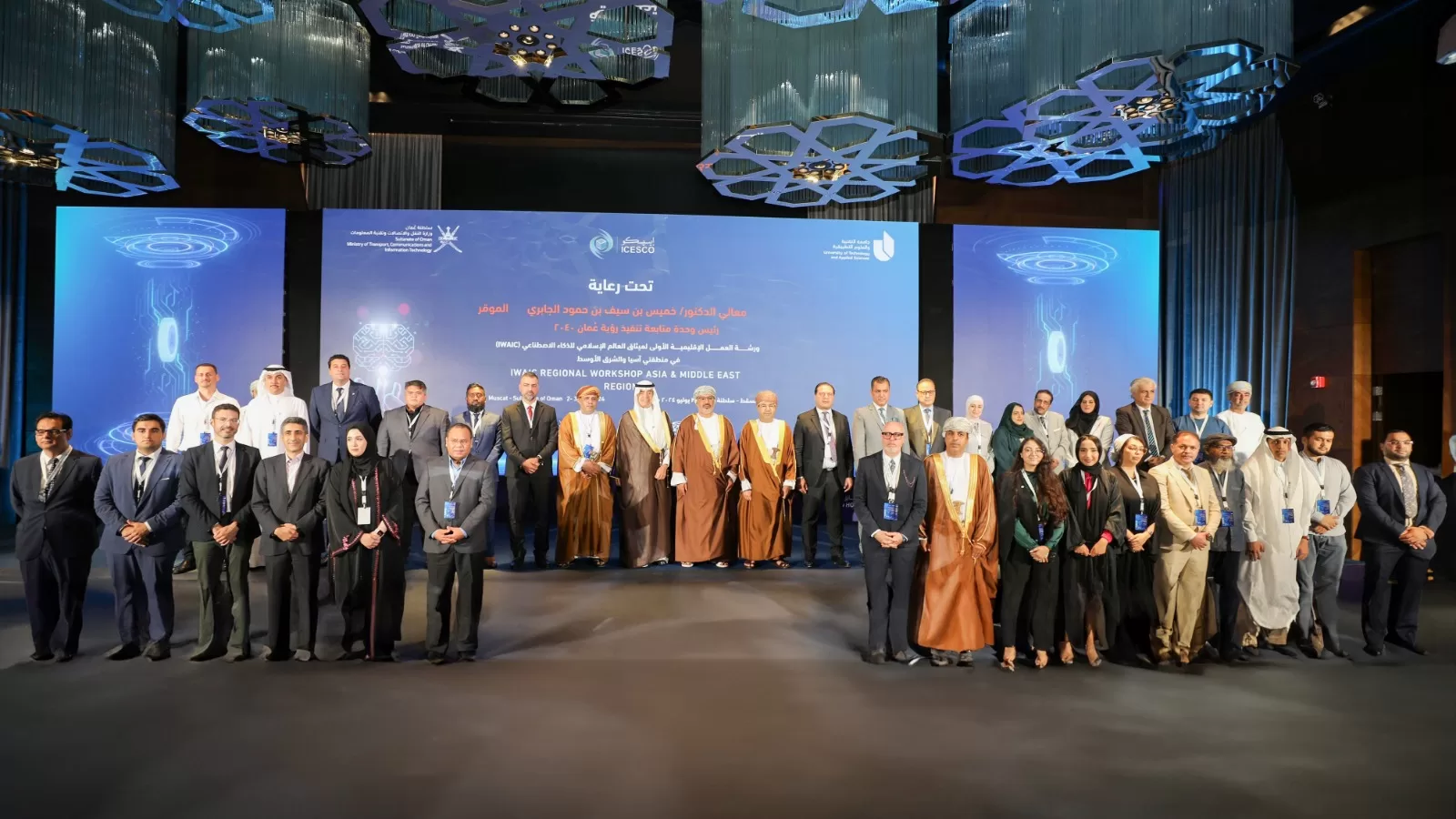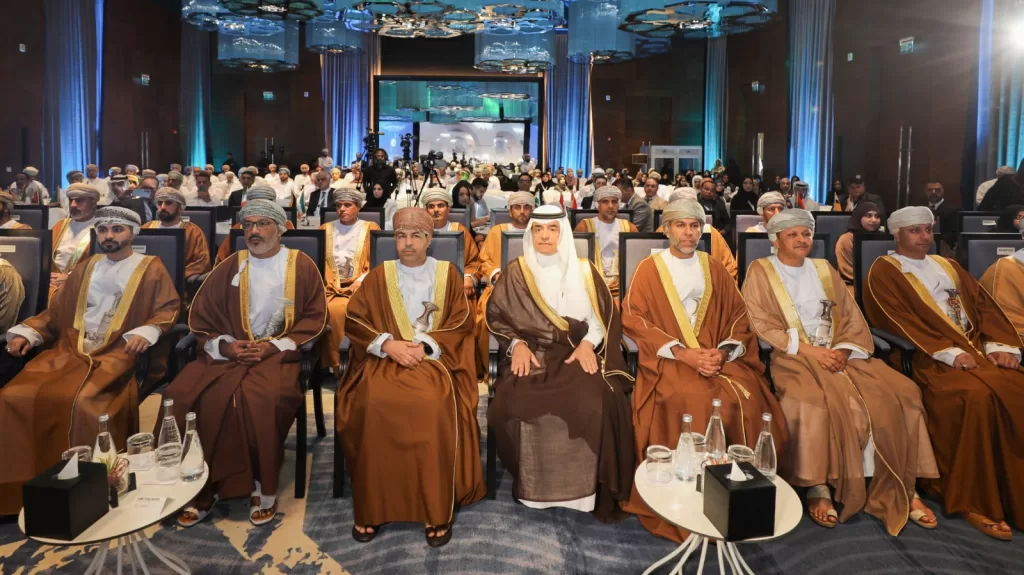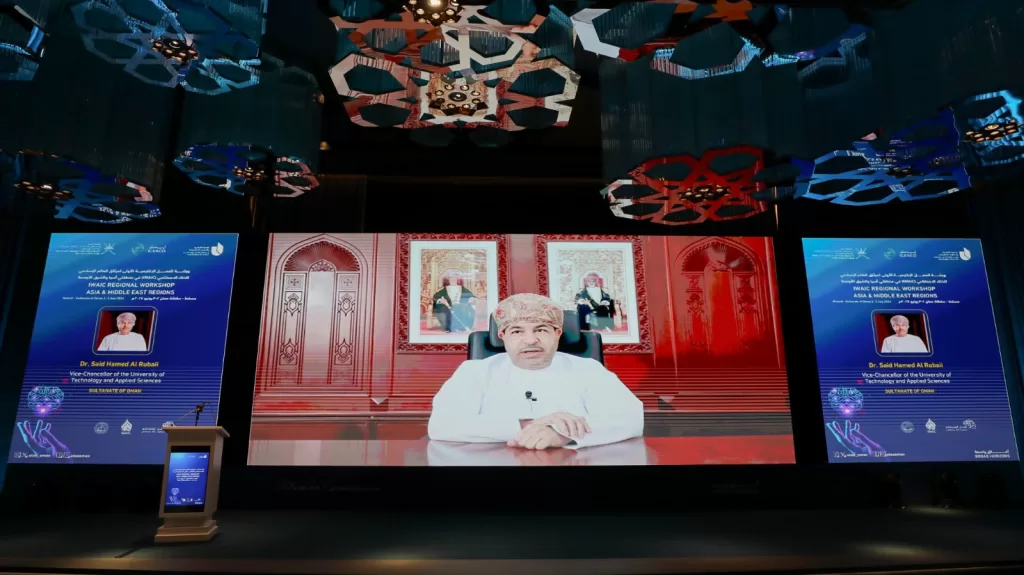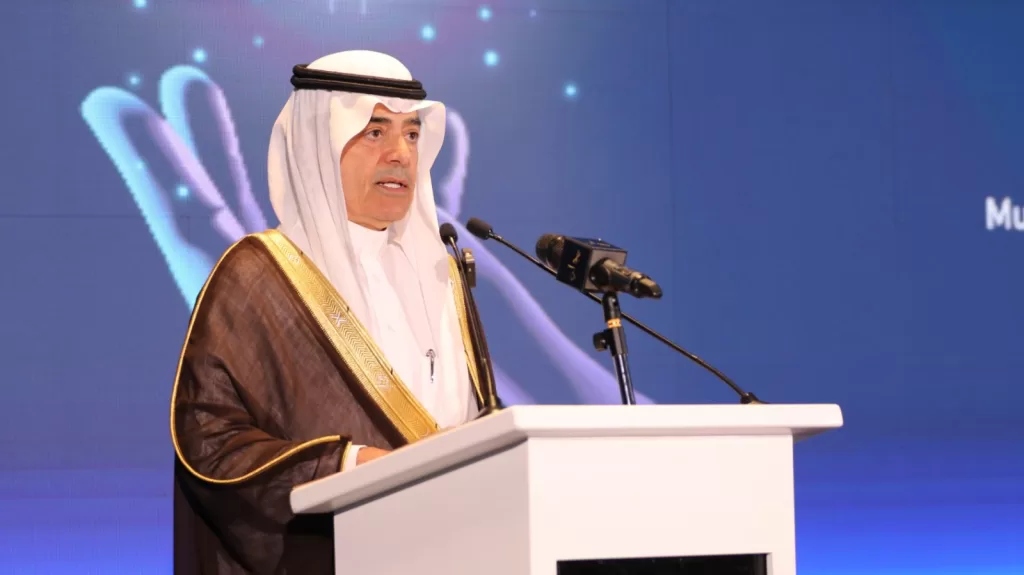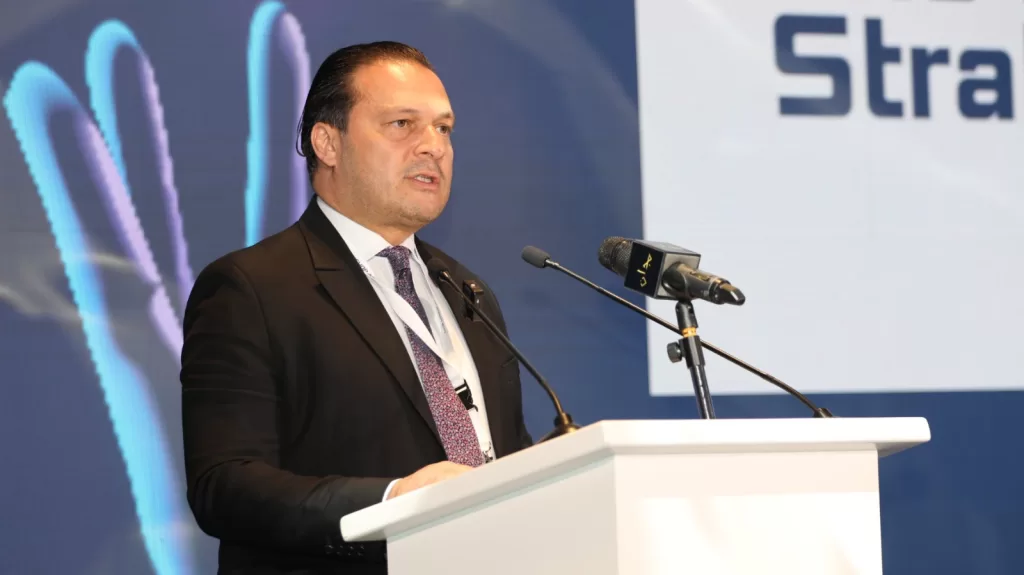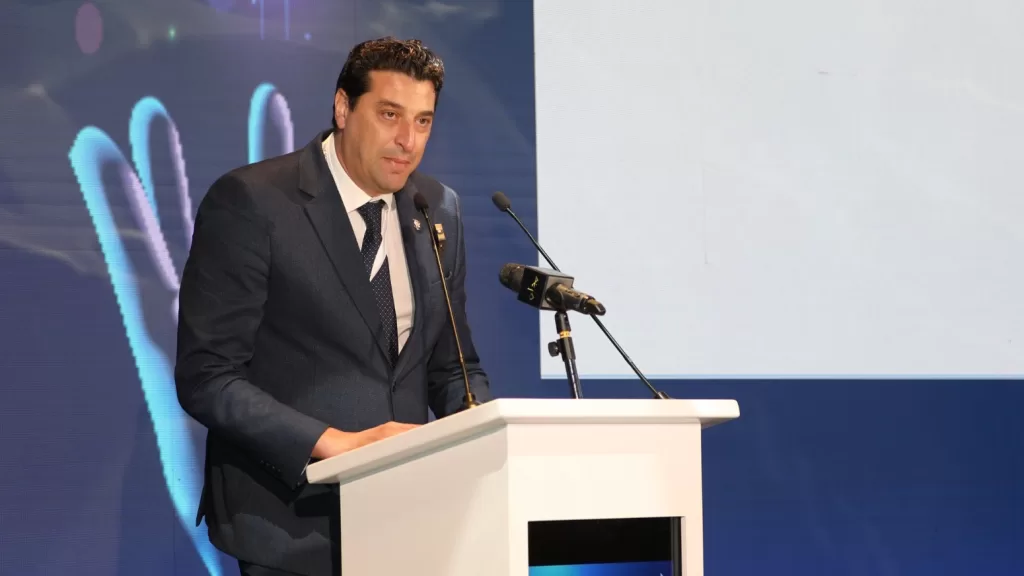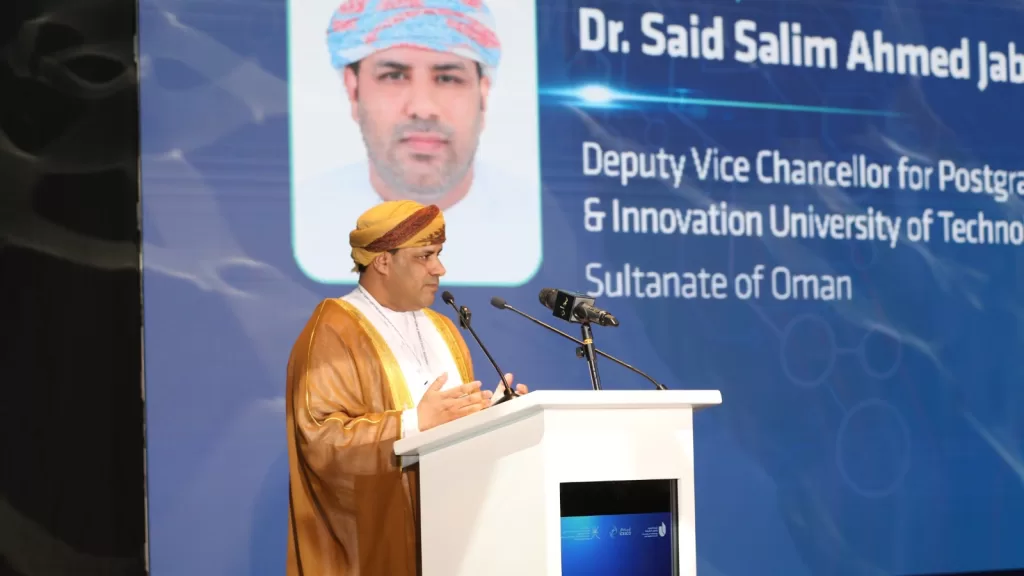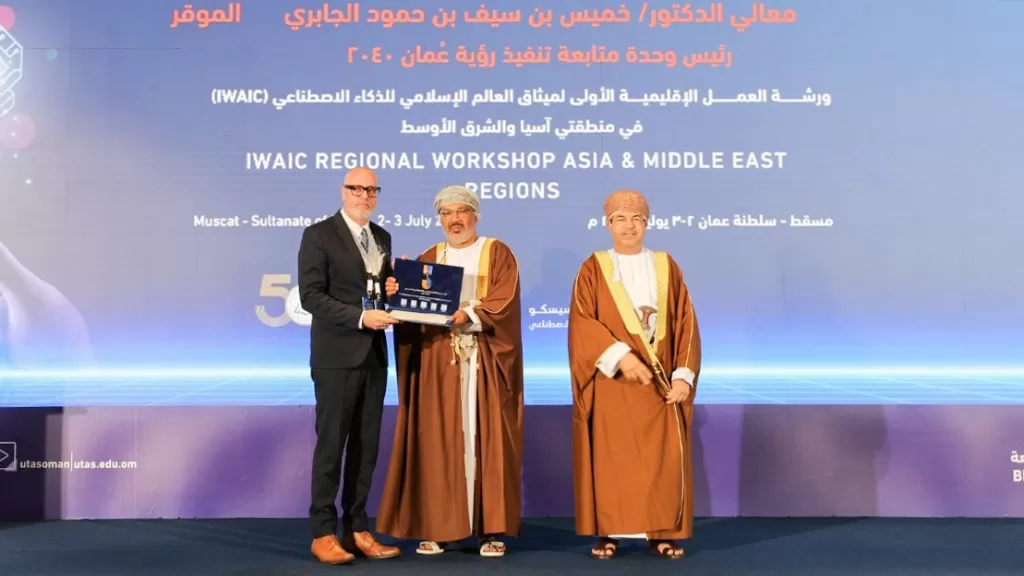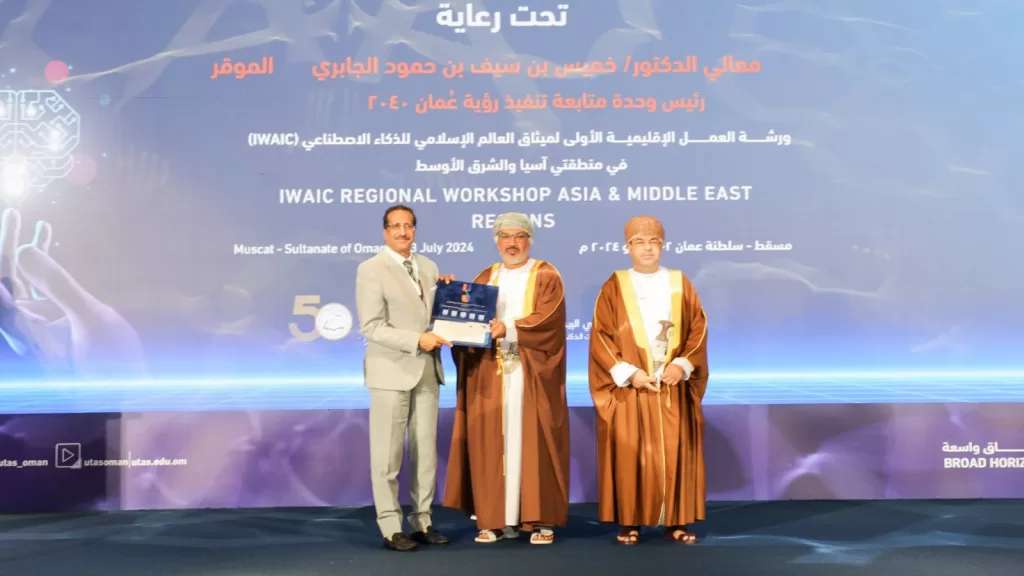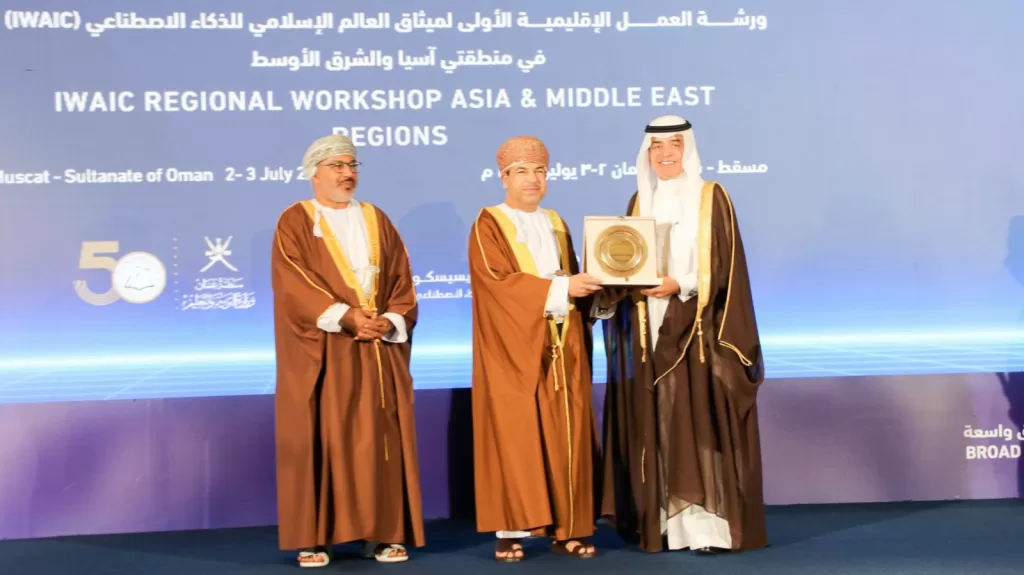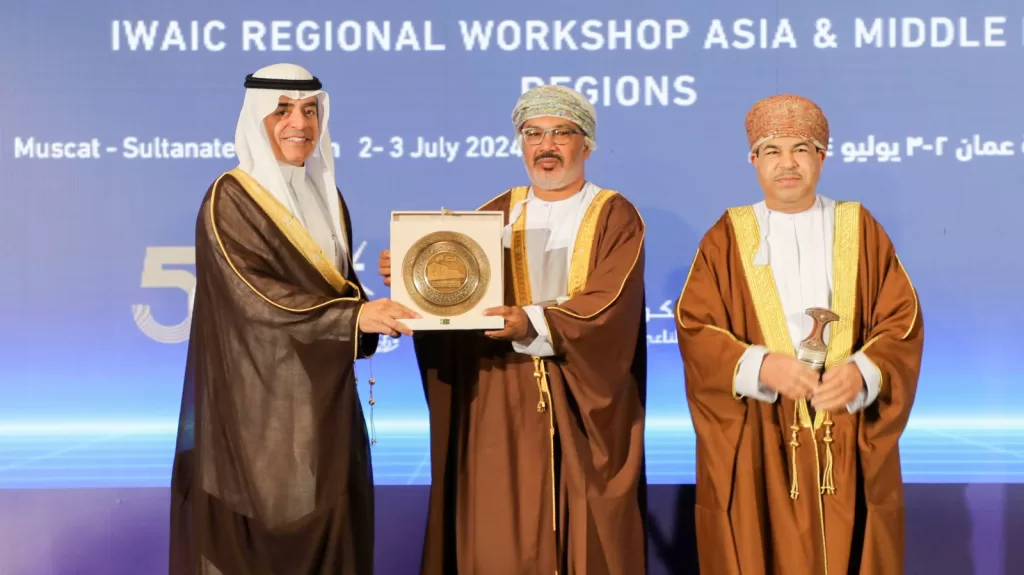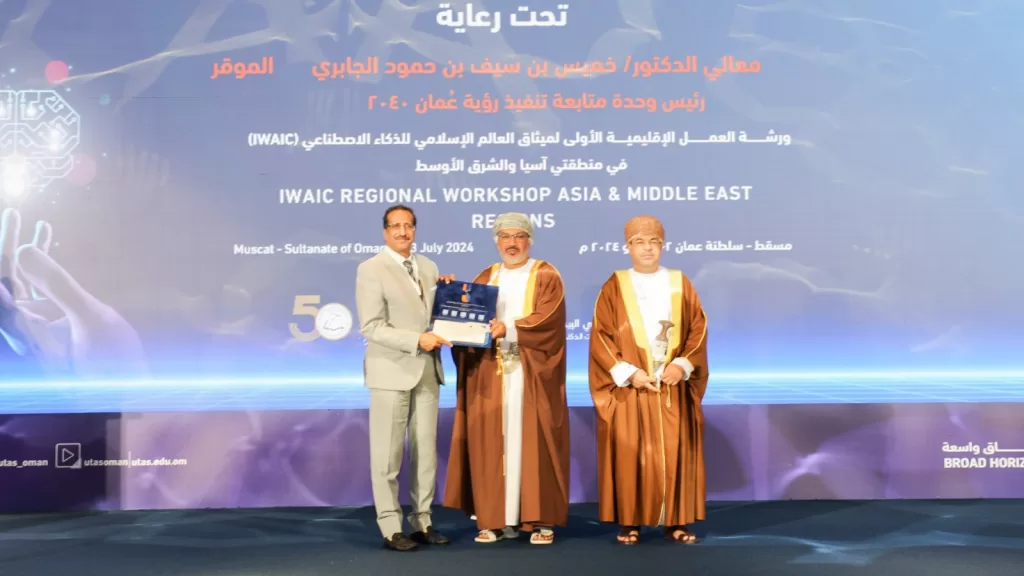The Omani capital, Muscat, is hosting the Islamic World AI Charter Regional Workshop (IWAIC) Asia and Middle East Regions, organized by the Islamic World Educational, Scientific and Cultural Organization (ICESCO) in partnership with the University of Technology and Applied Sciences (UTAS) and the Ministry of Transport, Communications and Information Technology of Oman, and in collaboration with the Omani National Commission for Education, Culture and Science. The workshop kicked off on Tuesday, July 2nd, 2024, under the patronage and in the presence of Dr. Khamis bin Saif Al Jabri, Chairman of Oman Vision 2040 Implementation Follow-up Unit, bringing together high-level participation from officials, experts, and researchers from 23 countries.
This Workshop is part of the activities of ICESCO Chair for AI Ethics at UTAS in Oman and the Organization’s preparation and draft of the Islamic World AI Charter.
The Workshop opened with the recitation of verses from the Holy Quran, followed by welcoming remarks by Dr. Saeed bin Hamad Al-Rubaie, President of the University of Technology and Applied Sciences. Dr. Al-Rubaie highlighted that UTAS and ICESCO are focused on AI ethics and use, which is reflected in their joint plans and initiatives, mainly ICESCO Chair for AI Ethics, which was established this year at UTAS to address ethical issues arising from the advent of AI applications.
Dr. Salim M. AlMalik, ICESCO Director-General (DG), began his speech with poetic verses in tribute to Oman and its people. Dr. AlMalik stated that scholars of the Islamic world have historically been at the forefront of advancing humanity.
Dr. Al-Malik stated that the global AI market is growing at an annual rate of 33% and is expected to drive global economic growth by 14% by 2030. He added that AI market is projected to expand by at least 120% year-on-year and that 77% of the devices we currently use incorporate AI.
The DG stressed that the Organization accords special attention to AI evident in its comprehensive foresight strategy for the field, particularly strategic governance and ethical dimensions. This focus, he explained, has led the Member States to task ICESCO’s General Directorate with drafting the Islamic World AI Charter.
Dr. AlMalik concluded his address by thanking the Sultanate of Oman, Dr. Al-Jabri, the University of Technology and Applied Sciences, the Ministry of Transport, Communications, and Information Technology, and the Omani National Commission for their significant efforts in organizing the Workshop, which will help open new horizons for the use of artificial intelligence.
Speaking next, Dr. Kais Hammami, Head of ICESCO’s Center for Foresight and Artificial Intelligence, reviewed the strategic and methodological framework for the IWAIC, emphasizing that the Charter is a milestone towards a prosperous and sustainable technological future for the Islamic world, aligning with its values and consolidating its position on the global stage.
Mr. Mohamed Hedi Shili, Head of ICESCO Department of Legal Affairs and International Standards, presented an overview of the indicators used to measure countries’ readiness for artificial intelligence implementation, including “governance and ethics,” explaining that the differences in readiness among countries drive the Organization to work more on sharing experiences among its Member States to benefit from leading experiences.
Dr. Said Bin Salim Jaboob, Deputy Vice Chancellor of the University of Technology and Applied Sciences for Postgraduate Studies, Research, and Innovation, discussed the prospects of development in artificial intelligence, its competition with humans and the need to keep pace with regulating research in this field, especially with regard to artificial intelligence ethics.
At the end of the opening session, the workshop participants, including researchers and experts, were honored, and commemorative shields were exchanged between the heads of the organizing bodies and the patron of the event, followed by a group photo.
The agenda of the two-day workshop features several interactive sessions, discussions, and presentations. Additionally, it includes the creation of working groups to exchange views and perspectives on artificial intelligence in Asia and the Middle East, as well as to discuss the ethical aspects related to its applications in the Islamic world.
